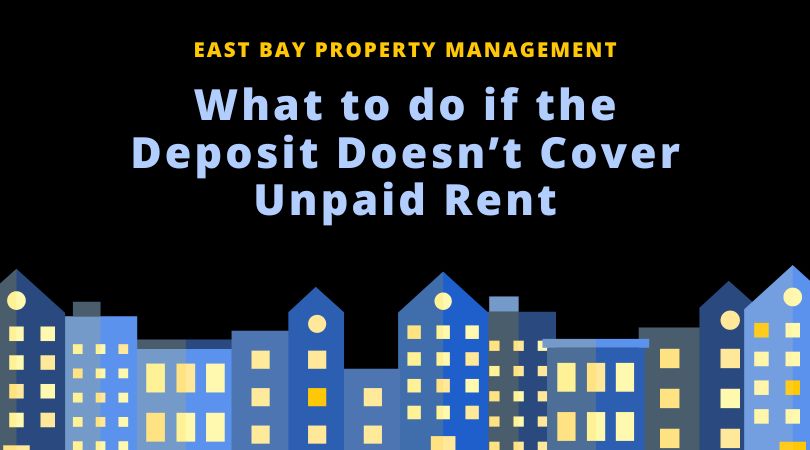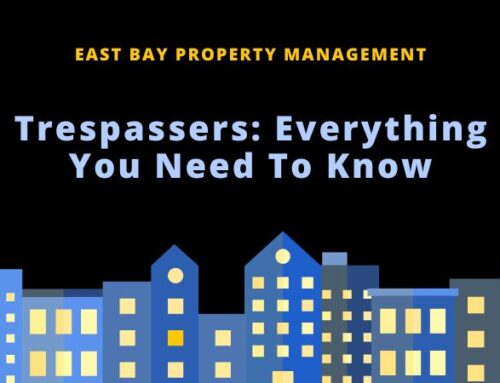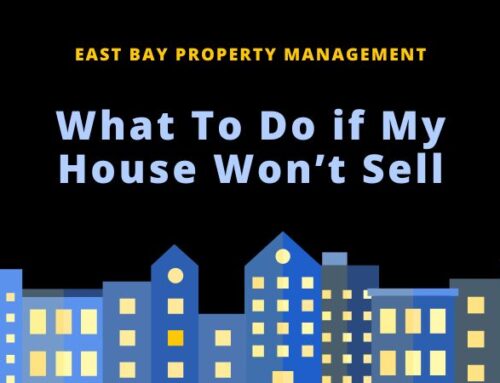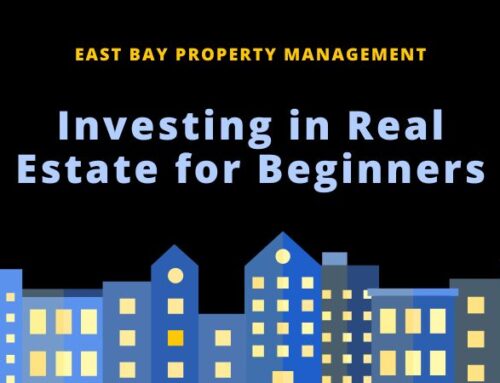Most landlords require tenants to pay a security deposit as part of the move-in cost. The deposit helps cushion landlords against certain potential risks that can lead to financial damage. For example, the financial loss that can occur if a tenant fails to pay rent or causes excessive property damage.
That said, while collecting a security deposit from your tenant will certainly help in such scenarios, it may not be enough. And this now brings us to the question of the day – what should you do if the deposit doesn’t cover unpaid rent?
Keep reading to find out!
1. Let the tenant know that you’re withholding their security deposit.
Tenants have an obligation to pay rent when it is due in accordance with the lease terms. If they fail to pay any due rent when moving out, you’d have a right to withhold part or all of their security deposit.
Normally, in the state of California, landlords have 21 calendar days to return their tenant’s security deposit after they have moved out. If making deductions, then you must provide your tenant with an itemized statement.
The itemized statement must include any documents and receipts showing the actual damages incurred, including the cost of labor and materials.
If the deductions are larger than the deposit, you’ll need to send a demand letter for the remaining amount.
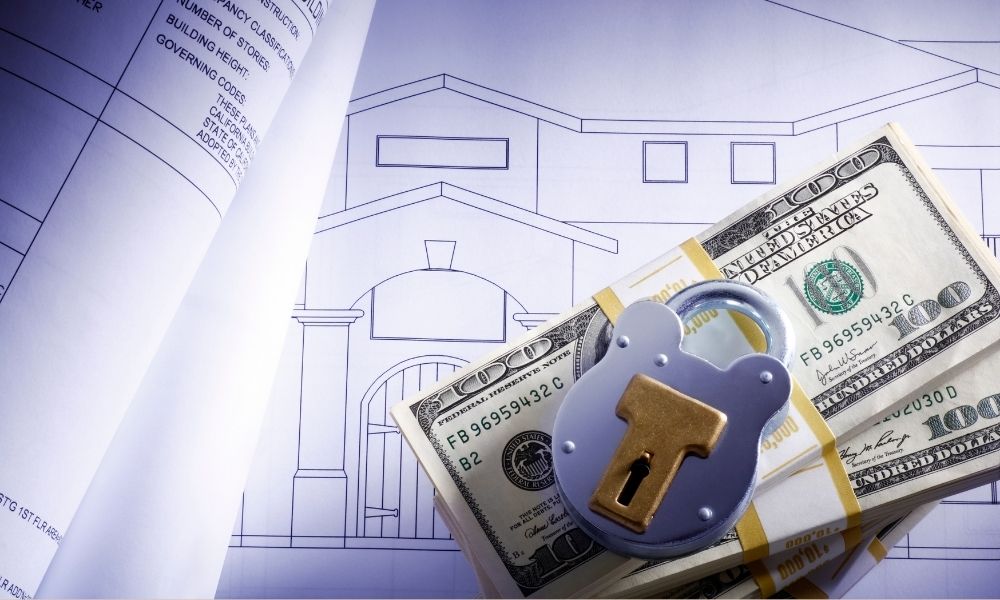
2. Send the tenant a demand letter.
If the amount of unpaid rent exceeds the tenant’s security deposit, you’ll need to send a demand letter to your tenant requesting the additional money.
In the demand letter, you should make sure you mention the amount you’re demanding from them and the date the tenant should have made the payment.
Try to be as succinct and as specific as possible in your demand letter. Also, remember to include your contact information to allow the tenant to contact you should they have any concerns.
3. Consider legal redress.
It’s possible that the tenant can choose to ignore your demand letter. In such a case, you can choose to further escalate the matter by seeking legal redress in a small claims court.
Of course, before proceeding, consider the amount the tenant owes you as well as the upsides and downsides.
Firstly, small claims courts can be time-consuming. To win in any court hearing, you’ll need to prepare adequately. Among other things, you’ll need to organize your evidence, do your due diligence about the court process, and attend the hearing.
In addition, you’d also need to pay a filing fee. The fee is dependent on the amount of the claim. In California, it ranges between $30 and $70 for claims within the range of $1,500 up to $5,000.
Secondly, even if you win, there is still the likelihood that the tenant may not have the funds to pay you. Winning a hearing and collecting the court award are two different things. Winning doesn’t always mean you’ll get paid. You may have to wait again until the tenant has the funds.
Thirdly, you’ll need to have evidence. That’s why documentation is key for landlords. If you don’t have proper documentation to prove your case, your case will suffer. Always make sure you document your property’s condition when a tenant is moving in and when they are moving out. This is especially true when it comes to rental damages.
And last but not least, there is potential for countersuit by the tenant. Even after having done everything by the book, there is the chance that your tenant may countersuit you. Keep this in mind when suing your tenant.

How to Prevent Unpaid Rent
1. Screen prospective tenants thoroughly.
Always insist on screening tenants before they move into your rental property. And while no screening process is foolproof 100% of the time, it’ll greatly help you minimize potential issues.
During the screening process, make sure you verify the tenant’s employment, income and debt statements.
2. Hire a good property management company.
Investing in a rental property can be lucrative. However, for you to enjoy the returns from your investment, you have to manage it the right way.
Self-managing a rental property is time consuming and stressful. Not to mention, there are so many laws and regulations that you need to understand.
A landlord’s biggest responsibility is collecting rent, but that isn’t always as simple as it may seem to be.
That’s why we recommend partnering with a quality property management company like East Bay Property Management. At East Bay Property Management, we can handle the rent collection process for you. We have tried and tested strategies that work! And if a tenant doesn’t pay their rent on time, we handle the eviction process for you in a legal and successful manner.

Bottom Line
Now you know what to do if the deposit doesn’t cover unpaid rent! We hope this post was helpful for you.
For expert help, get in touch with East Bay Property Management today. We’re a trusted, experienced, and professional property management company in East Bay.

